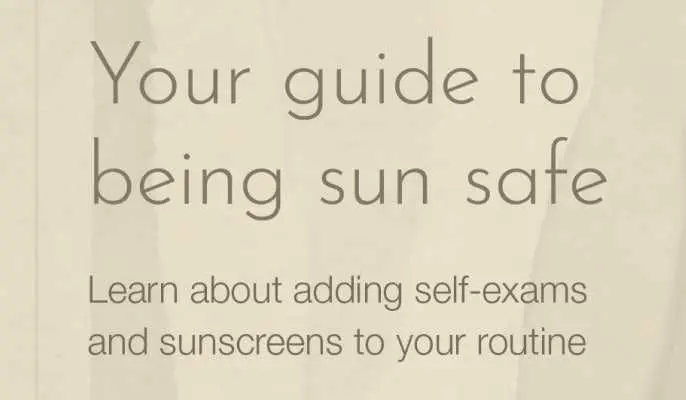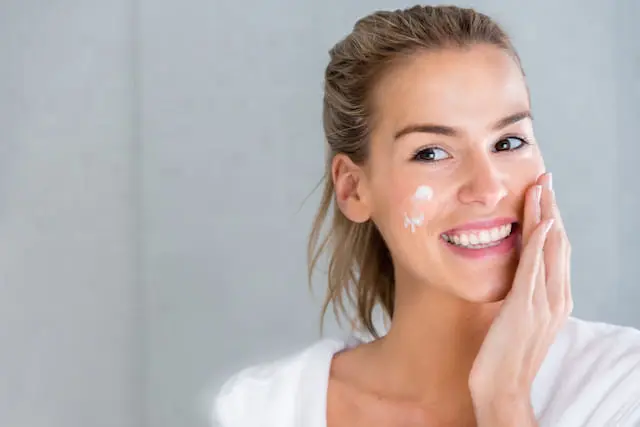Whether we’re hitting the beach or heading out on a long run, most of us know we should pack sunscreen with a serious SPF rating, applying (and reapplying!) liberally. But, sadly, sun damage can occur with far less exposure on a daily basis, even if you’re outside for only 20 minutes — or simply driving on a sunny day.
Daily sun protection care is essential to prevent UV-related damage (otherwise known as the visible signs of aging) and skin cancer. Neutrogena® researchers have found there are two key areas to consider when talking about sun protection.
First, lifestyle factors such as covering up with clothing or a hat, seeking shade, and avoiding the sun when it’s very strong (usually between 10 am and 2 pm) may seem like no-brainers — but they’re totally foolproof and easy to do. It’s worth getting into the habit of avoiding the sun’s skin-damaging rays simply by dressing appropriately.
Second, of course, are sun care products with an SPF — or sun protection factor — of at least 15 and preferably higher. The Canadian Dermatology Association recommends a minimum of SPF 30.
SPF refers to the amount of time that one can spend in the sun without getting burned. So SPF 30 allows you to stay in the sun 30 times longer without getting burned than you would without sunscreen. Everyone should be wearing sunscreen on a daily basis and reapplying every two hours, experts say, regardless of whether it’s sunny outside.
It’s very important that your sunscreen product is rated at least SPF 15 or higher and that it is broad-spectrum. That means it protects against both UVA and UVB radiation, which is the minimum needed for the product to be able to claim that it’s protective against skin cancer and aging, along with other sun protection measures*.
In general, the higher the SPF number the better because the majority of consumers don’t apply as much product as is needed to get the protection factor specified on the package.
*Sun Protection Measures: Spending time in the sun increases your risk of skin cancer and early skin aging. To decrease this risk, regularly use a sunscreen with a Broad-Spectrum SPF value of 15 or higher, limit time in the sun (especially from 10 a.m.-2 p.m.), and wear long-sleeved shirts, pants, hats, and sunglasses.




